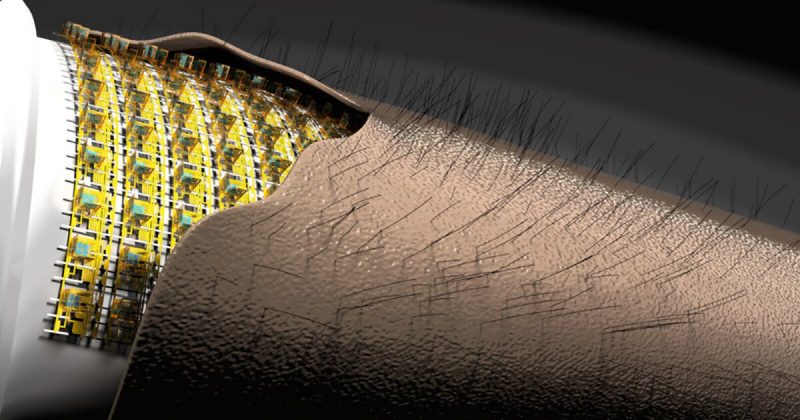Have you ever taken that drooling bite out of a rapped bacon, cheese and mayonnaise sandwich and realized that a piece of the wrapping is on its way to your digestive system which the food? Don’t feel alone.
It is most likely that while consuming a meal, you will also consume around 200 bits of microplastic which amounts to about 70,000 pieces a year. Studies suggested that Americans take in between 203 and 312 bits of plastic every day, depending on their age and sex. The average American woman may ingest around 98,000 tiny plastic particles every year, while the average man consumes 121,000.
Studies done in the UK where petri dishes with sticky surfaces were placed next to dinner plates revealed that after 20 minutes, the dishes accumulated an average of 14 microplastics. Converting that to a dinner plate size, it was determined that each meal attracts around 200 particles from broken down synthetic fabrics, carpets, car tires, clothing, and more.
The impact on human’s health is still a case under study, but scientists do know that these microplastics contain a toxic chemical called phthalates, which are found in plastic packaging. The phthalate toxic chemical is known to cause cancer, according to the US National Institutes of Health.
The phthalates toxic chemical does have a negative affect with our ability to make babies and can impair normal child development. Researchers have found that men today produce about half the sperm they did in the 1970s across North America, Europe, Australia, and New Zealand. This may be linked to more plastic use which decrease the male testosterone levels.
Microplastics also contain the chemical BPA, (Bisphenol A – BPA is an industrial chemical that has been used to make certain plastics and resins since the 1960s), which is often used in the lining of canned foods and drinks.
For bottled water drinkers there is an extra dose of about 86,000 microplastics per year compared to people who drink from the tap.
There is an upside
The experts advise avoiding dishwashing or microwaving any plastic containers, because the heat causes the release of toxic and endocrine-disrupting chemicals into the food we consume. Avoid plastic packaging and storage containers when possible and discard kitchen plastics when they become etched or scratched.
So, ladies, I think it is time for hubby to take you shopping….






